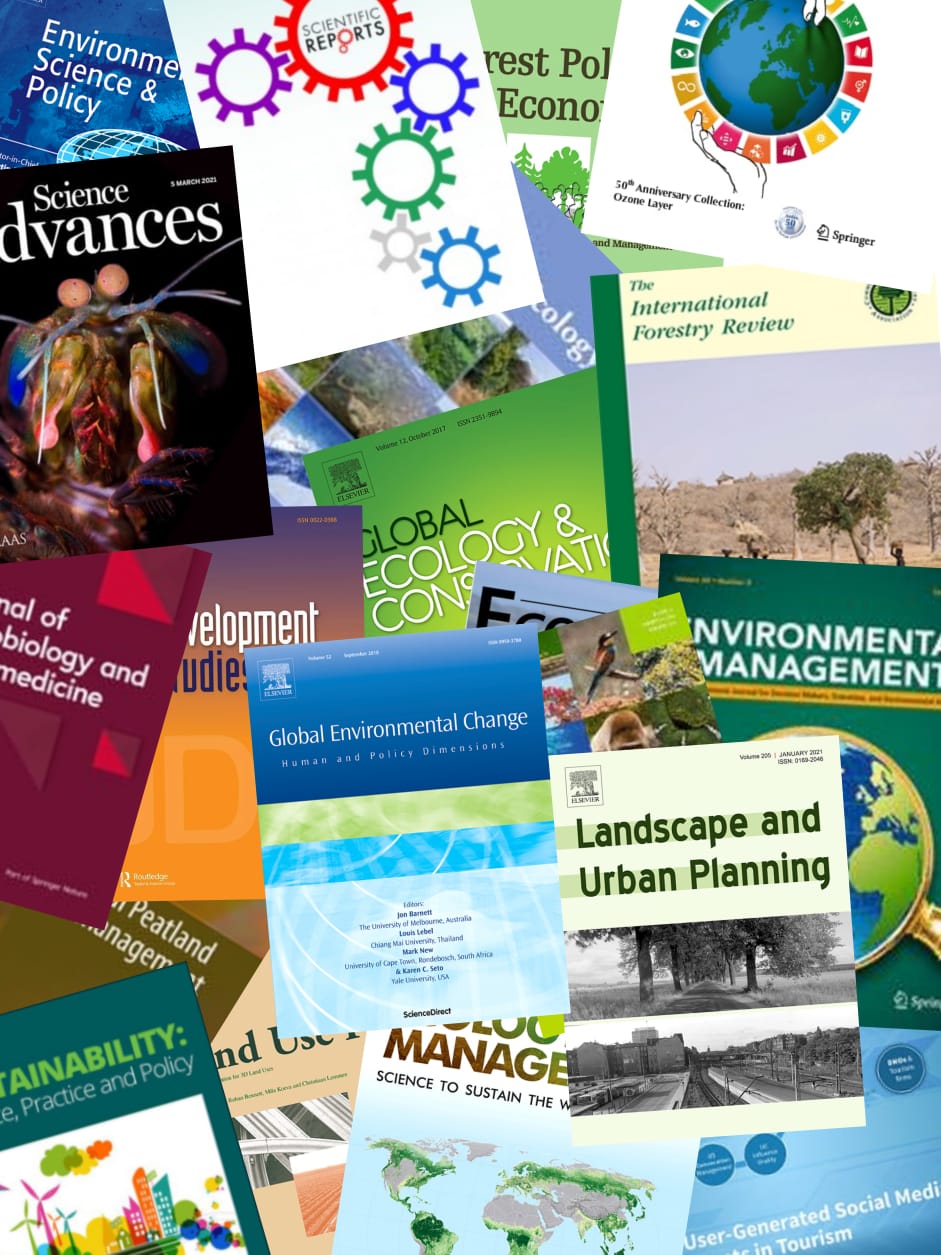We used the global fire detection record provided by the satellite-based Moderate Resolution Imaging Spectroradiometer (MODIS) to determine the number of fires detected inside 823 tropical and subtropical moist forest reserves and for contiguous buffer areas 5, 10, and 15 km wide. The ratio of fire detection densities (detections per square kilometer) inside reserves to their contiguous buffer areas provided an index of reserve effectiveness. Fire detection density was significantly lower inside reserves than in paired, contiguous buffer areas but varied by five orders of magnitude among reserves. The buffer : reserve detection ratio varied by up to four orders of magnitude among reserves within a single country, and median values varied by three orders of magnitude among countries. Reserves tended to be least effective at reducing fire frequency in many poorer countries and in countries beset by corruption. Countries with the most successful reserves include Costa Rica, Jamaica, Malaysia, and Taiwan and the Indonesian island of Java. Countries with the most problematic reserves include Cambodia, Guatemala, Paraguay, and Sierra Leone and the Indonesian portion of Borneo. We provide fire detection density for 3964 tropical and subtropical reserves and their buffer areas in the hope that these data will expedite further analyses that might lead to improved management of tropical reserves. © 2007 by the Ecological Society of America.
View source

